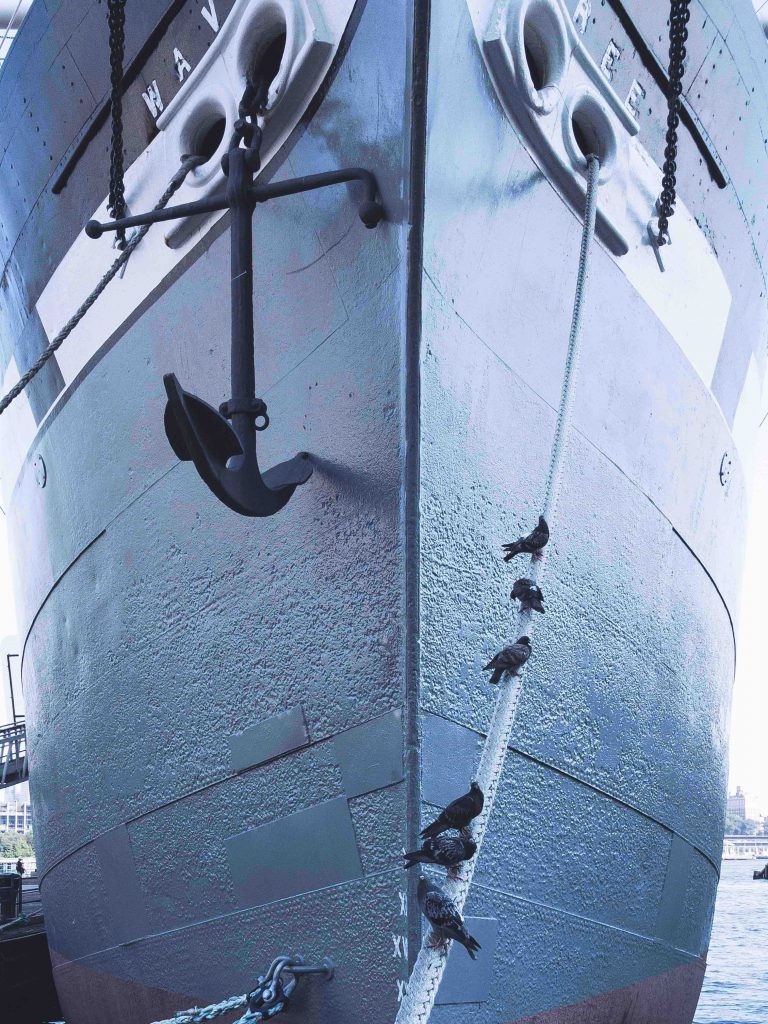
If you are injured while working on a vessel at sea, you may be entitled to seek compensation for your injuries through the Jones Act. An experienced maritime attorney can explain to you how the process works, help you navigate through getting the compensation you deserve, and ensure that your rights are protected.
Maritime workers who perform their jobs near the Gulf of Mexico or surrounding areas are faced with some of the most dangerous conditions for work. They spend their time on board vessels or at ports near the sea and are at risk for a variety of injuries and accidents. Unfortunately, these risks may be exacerbated by owners, companies, and employers who fail to take the appropriate precautions to protect their workers.
Claims for Vessel Injuries
Depending on where your injury occurred and what the cause of it was, you may be entitled to several different types of claims for compensation. The laws that govern vessel-related injuries include:
- The Longshore and Harbor Workers’ Compensation Act: This act covers most maritime workers that are not covered under the Jones Act. The Longshore Act will also provide no-fault benefits and entitles injury victims to file claims of negligence against any third parties that could be responsible for their injuries.
- The Jones Act: This act protects seamen that are injured while on board vessels during navigation. The act allows injured seamen to seek no-fault cure and maintenance benefits, as well as file separate claims for negligence for full compensation against their employers.
- The Law of Unseaworthiness: Due to maritime law, works can also file claims for injuries against the owners of vessels for injuries resulting from the unseaworthiness of a vessel. Unlike claims filed under the Jones Act and third-party claims filed under the Longshore Act, claims filed for unseaworthiness do not require the injured party to prove negligence. If you were injured on a vessel that is unseaworthy you are likely entitled to file a compensation claim with only a few exceptions.
Vessels Eligible for Claims
Seamen are able to file claims for injuries on any vessel that is docked for maintenance or repairs or is in navigable waters. This includes barges, cargo and container ships, attending vessels, tugboats, crew boats, dredges, ferries, cruise ships, drill ships, fishing boats, standby vessels, semisubmersibles, tankers, and supply boats. Other vessels may be included, as well. Your attorney can help you understand whether your vessel entitles you to compensation.
In addition to the above, offshore facilities such as semi-submersible rigs, jack-up rigs, floating production rigs, drill ships, and storage and offloading units may also be considered vessels.
Contact an Experienced Maritime Law Attorney Today
If you have been injured in a maritime accident, contact the Houston martime attorneys at Kolodny Law Firm today. Maritime law is confusing and complex. Let us help you understand what your rights are and ensure that you get the compensation to which you are entitled. There are a variety of laws through which you may be able to obtain compensation, so contact us today.

